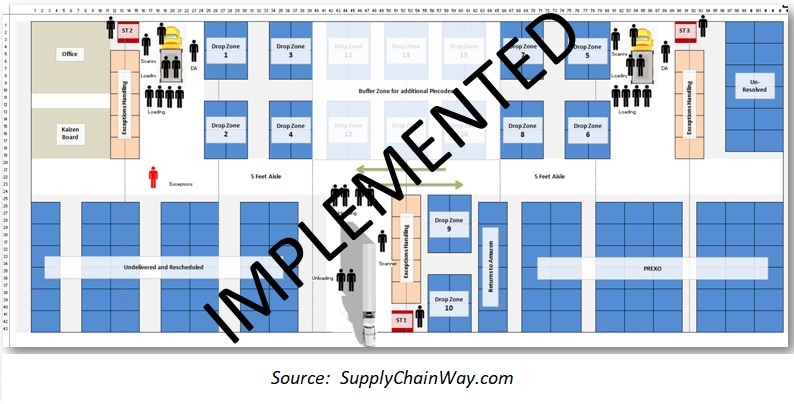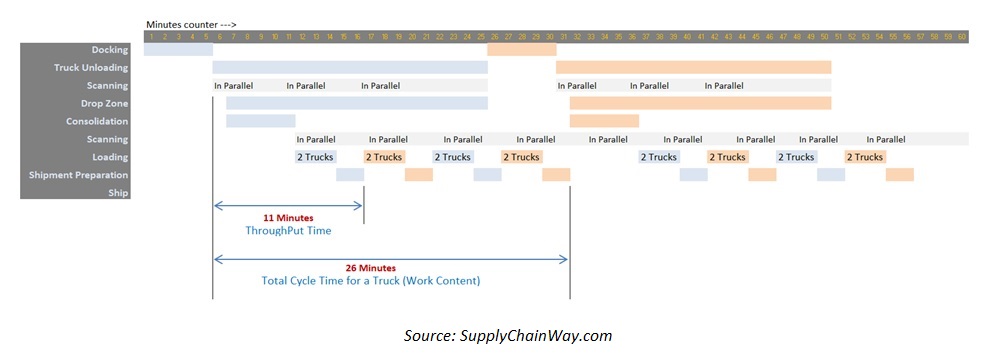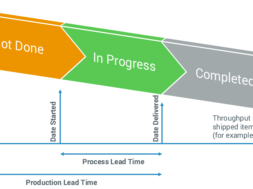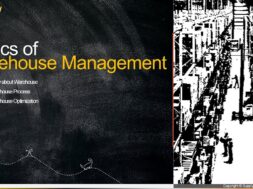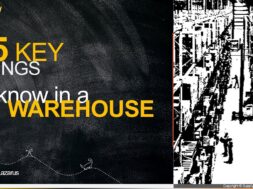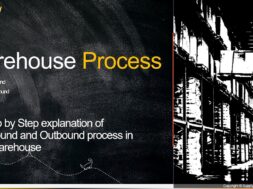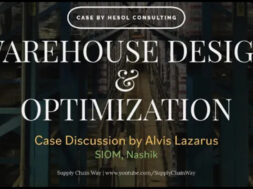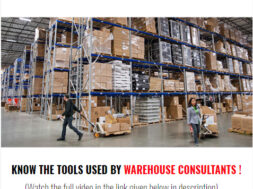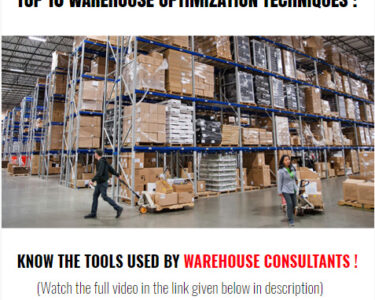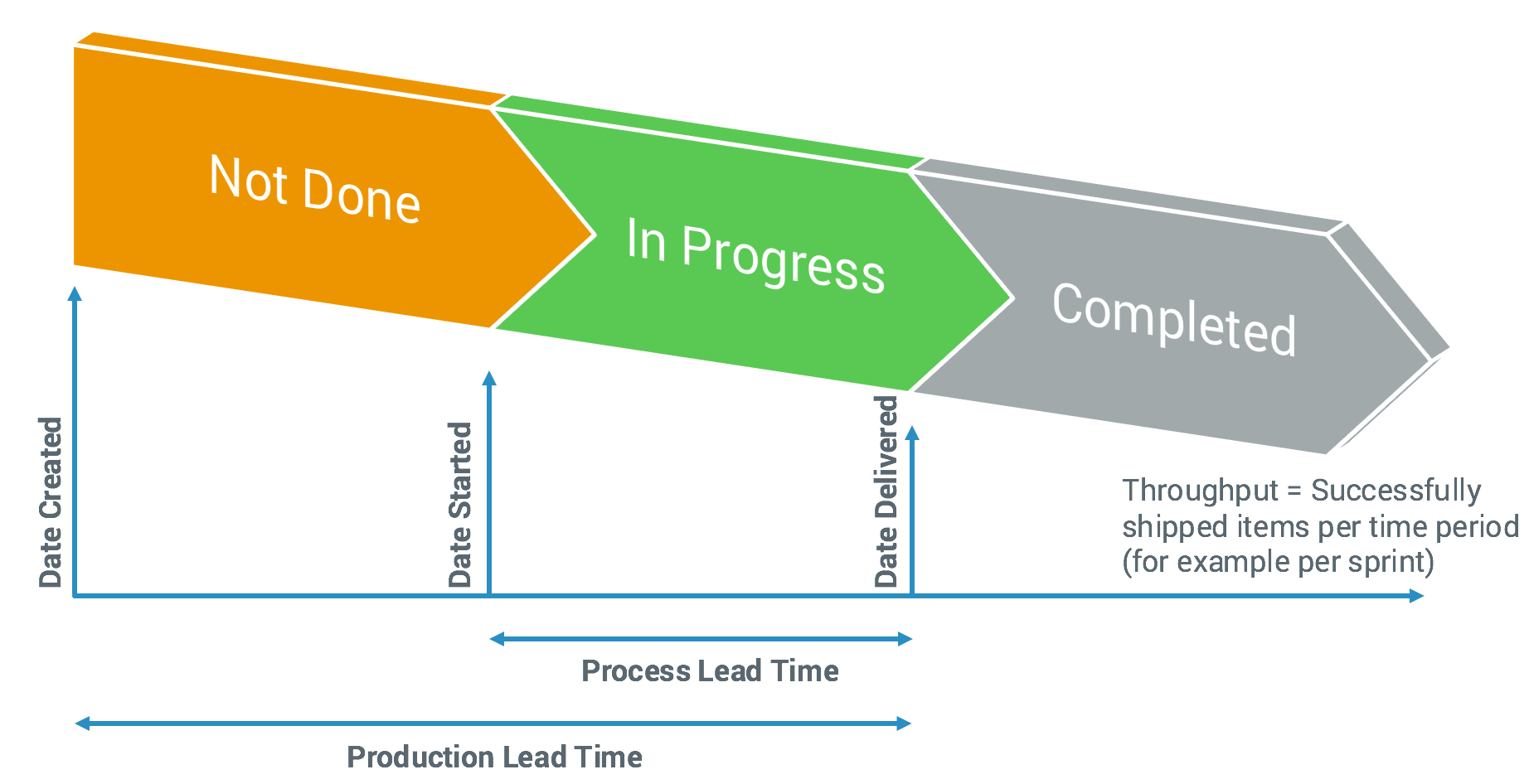
Throughput time Reduction for White Goods Transit Hub
Throughput time Reduction for Online Retailer’s Transit Hubs
Our Client is operating transit hubs for India’s biggest online retailer; the product category is white goods and home appliances. The current operation is running full and we are expecting a 5x growth in the lines to be handled per day. The business case is to optimize the space needed for the forecasted products (lines) to be handled through the transit hub without any further investment on the infra (space and equipment).
The Crucial Lever | Throughput
The most crucial element in Transit hub operations is the ‘Throughput’ since in transit hub operations the only reason you need space is to store the transit materials while they are on the move. Throughput time is the time taken for the product to move through the end to end of the process of a transit hub. This directly impacts the product flow through the transit hub as well as directly impacts the transit inventory at any point of time, thereby having a direct impact on the space.
Throughput is a ‘Do or Die’ Metric for a Transit Hub Operation. Organization which doesn’t keenly measure this will end up spending more than 5X of the actual space needed. Those Operations will seldom break-even and operate profitably!
The Approach
- Therblig study to map all the micro level activities in detail
- As is Throughput is documented and built as a model
- Forecasted Lines (Volumes) are fed into the model to understand the expected through put and also document all the bottleneck areas
- A waste walk on the bottleneck areas gave all the detailed areas of improvement
- The needed improvements are implemented
- Process documentation and team is trained; The revised throughput is demonstrated
- The layout is re-designed and implemented
Secret Sauce | Dynamic Drop Zone for Transit Hub
The secret sauce which helped us solve the problem efficiently is the dynamic drop implementation at the transit hub. No space is allocated for any specific products or shipment or lanes. Drop zone are made dynamic and they would be allocated as per the day’s load and the combination on inbound, frequency, volume, cut off, delivery slots and pincodes.
Business Results:
- Throughput Time reduction from 40 minutes to 11 minutes (72.5% Reduction)
- Total Cycle Time of a Consignment reduced from 70 minutes to 26 minutes (62.9% Reduction)
- Roles and clear job descriptions implemented
- New Layout designed and Implemented – Space savings of around (75%)
- Material Handling Standards Implemented
- Process Standardization through FDMs and training
